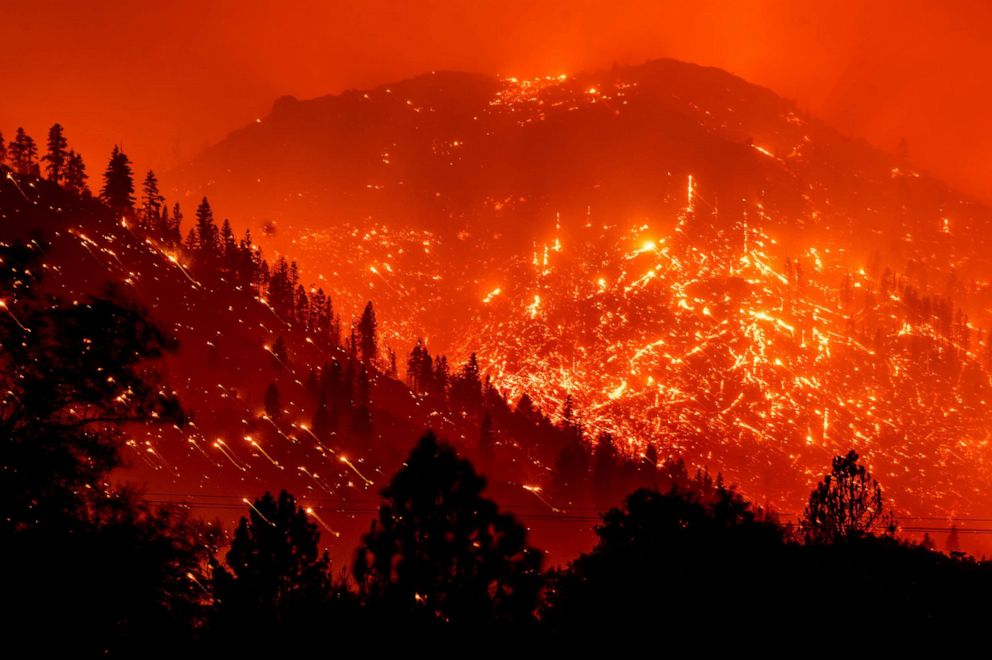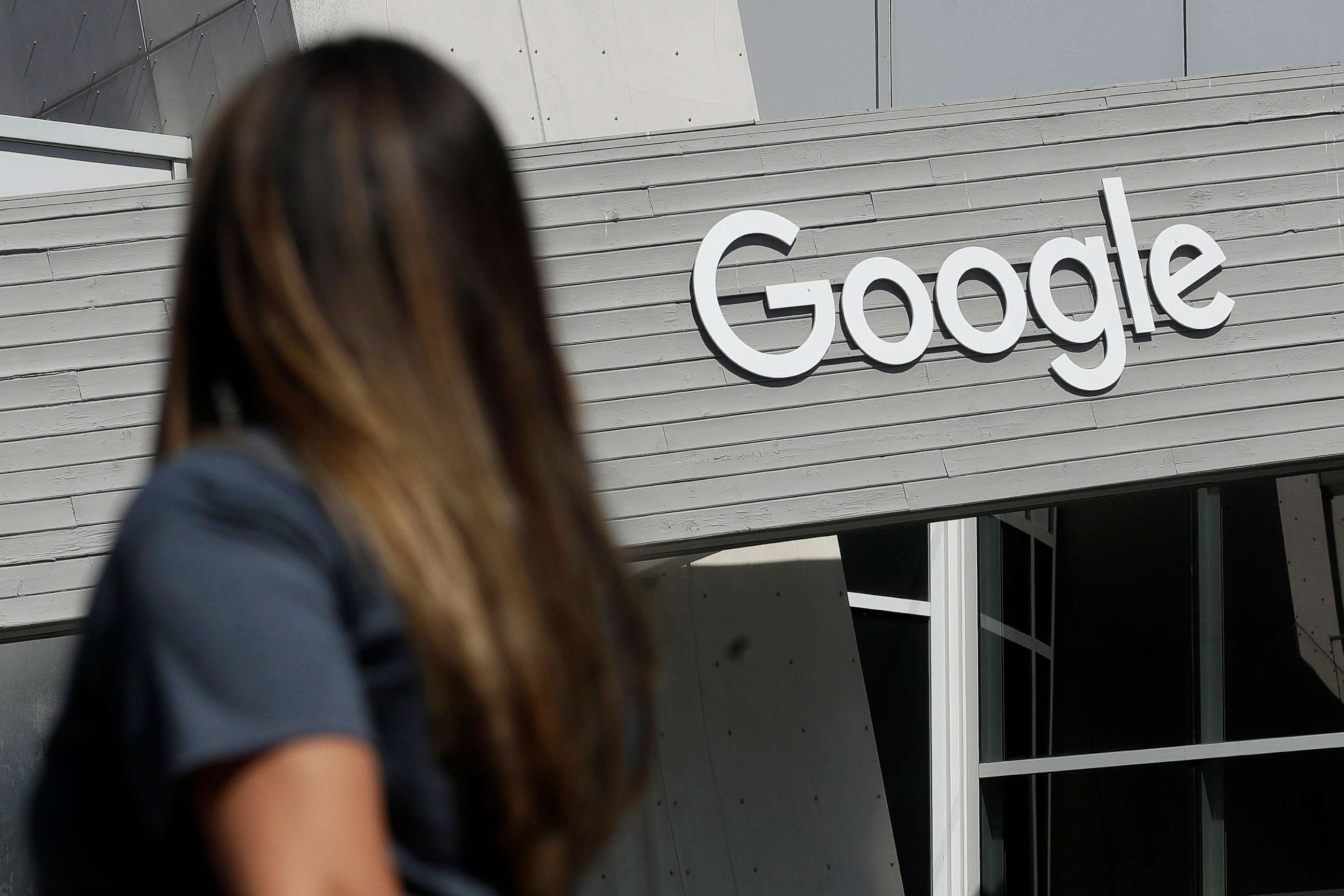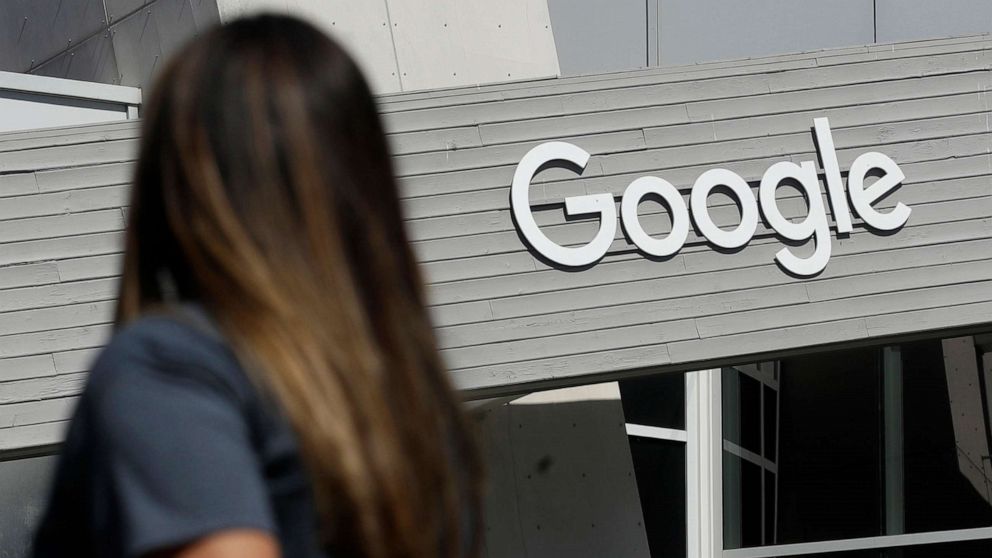Google, YouTube won't allow ads or monetization of content denying climate change

Google is cracking down on ads that deny climate change science after advertisers and digital creators complained about them running alongside their own content.
The company also said it's no longer going to allow content with false claims about climate change to be monetized, and that the new policy also applies to YouTube, likely part of a larger effort to curb the spread of misinformation.

The move, announced in a company blogpost late Thursday, comes amid mounting public pressure on the private sector to take action on climate change.
It also comes in the wake of a recent report from a United Nations panel -- U.N. Secretary-General António Guterres called it a "code red for humanity" -- that warned of dire consequences should immediate action not be taken to reduce greenhouse gas emissions.
"Advertisers simply don't want their ads to appear next to this content," the blogpost stated. "And publishers and creators don't want ads promoting these claims to appear on their pages or videos."
The new monetization policy for advertisers, publishers and YouTube creators will "prohibit ads for, and monetization of, content that contradicts well-established scientific consensus around the existence and causes of climate change," the blogpost added.

This includes content that refers to climate change as a hoax or a scam, claims that deny that long-term trends show the global climate is warming, and claims that deny that greenhouse gas emissions or human activity contribute to climate change, according to the company.
"When evaluating content against this new policy, we'll look carefully at the context in which claims are made, differentiating between content that states a false claim as fact, versus content that reports on or discusses that claim," the blogpost added. "We will also continue to allow ads and monetization on other climate-related topics, including public debates on climate policy, the varying impacts of climate change, new research and more."
Google said it consulted experts who have contributed to the UN Intergovernmental Panel on Climate Change Assessment Reports when creating the new policy.

Consumers and shareholders have been putting more pressure on firms to address climate change as scientists and activists ring alarm bells. "Industry" accounted for a whopping 23% of greenhouse gas emissions in 2019, according to the U.S. Environmental Protection Agency, behind only transportation (29%) and electricity production (25%) -- data many advocates have said highlights the need for large-scale industry changes rather than the onus to tackle climate change falling on individuals.

Climate activist organizations welcomed Google's new policy, but highlighted that there's still much more to do.
"Good news but nowhere near good enough," Greenpeace said in Tweet responding to the Google news. "It's time to take the microphone away from big polluters and their slick propaganda, and get on with the real climate action that we so desperately need."




